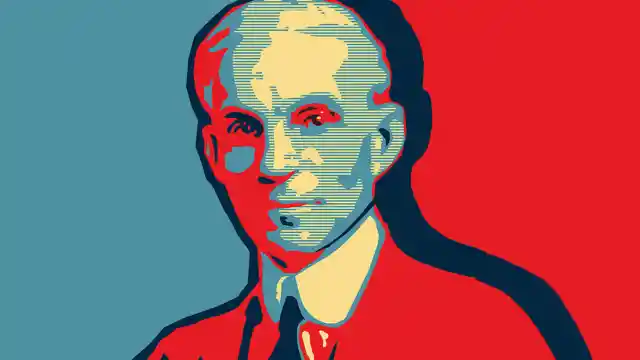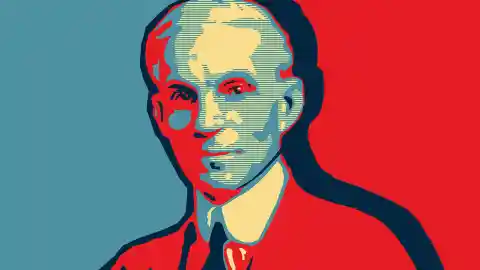

Henry Ford might be most well-known for his development of Ford Motors and his involvement with the assembly line, but there are some things about him as a person that many people just aren’t aware of. In honor of this, here we present our list of 15 things you probably didn’t know about Henry Ford. Check out part one below, and stay tuned for part two, coming soon!
Number Fifteen: He Repaired Watches as a Child. When Ford was young, he used to fix watches for his friends and family members. He even made his own tools to do it! To fashion his own tweezers, he used a corset stay.
Number Fourteen: He Was Chief Engineer for Edison. In 1893, Ford became Chief Engineer of the Edison Illuminating Company’s main plant. He was there for six years, and he left with Edison’s encouragement to go work on a gasoline automobile.
Number Thirteen: He Ran for Senate. Woodrow Wilson liked Ford so much that he convinced him to run as a democrat for a sea on the Senate in 1918. Ford refused to spend any money on his campaign, and he wrote, “If they want to elect me let them do so, but I won’t make a penny’s investment.” He lost by just 4,500 votes.
Number Twelve: He Tried to Make a Living Museum of American History. Ford attempted to make the Wayside Inn where Longfellow wrote Tales of a Wayside Inn into a living museum of American History in 1923. He purchased the inn and even build a grist mill in the surrounding acres.
Number Eleven: He Bought a School. In 1926, Ford bought the Redstone School House, which was located in Sterling, Massachusetts. He claimed that the school house was valuable because it was the one mentioned in the nursery rhyme, “Mary Had a Little Lamb.”
Number Ten: He Published a Book About the School He Bought. Since he was so convinced that the Redstone School House was valuable, he even wrote a book about it. The book was called The Story of Mary and Her Little Lamb and Ford Ideals.
Number Nine: He Believed in a “Master Mind.” Regarding religion, Ford said that he believed in a “Master Mind” or “Great Spirit.” He said, “I never did anything by my own volition. I was pushed by invisible forces within and without me.”